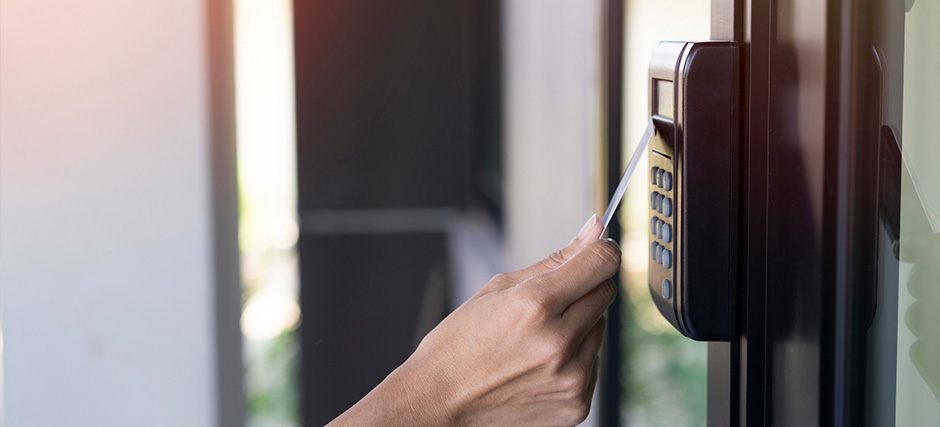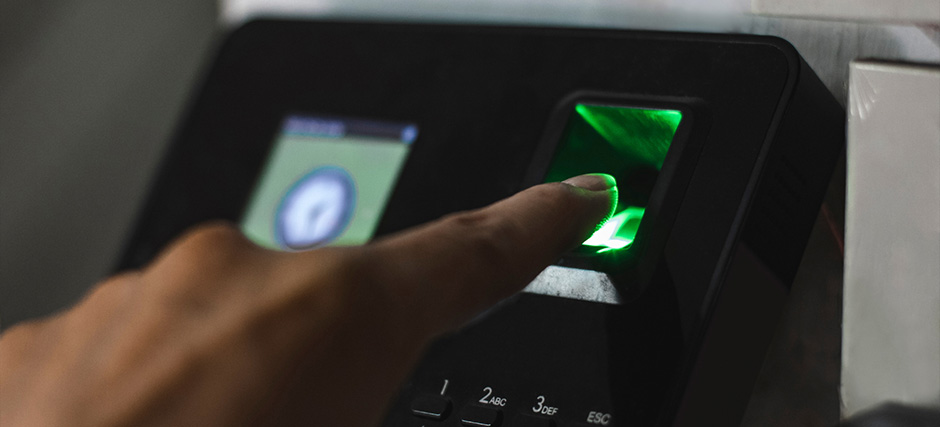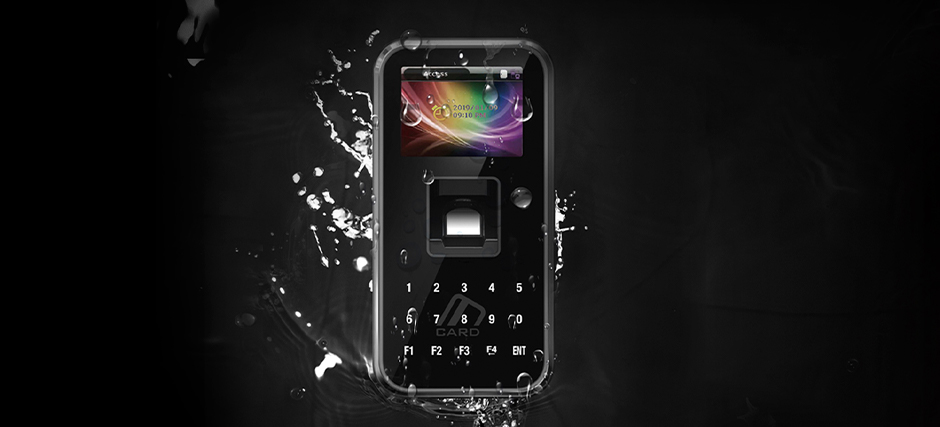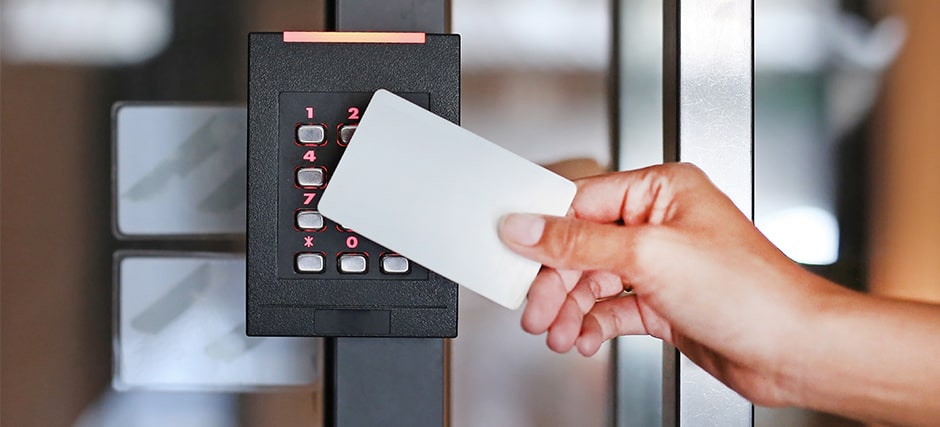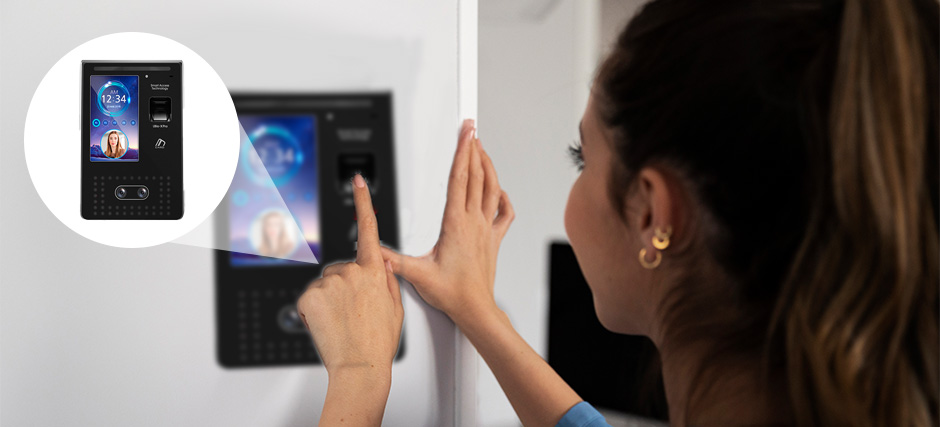Addressing Common Misconceptions About Biometric Authentication
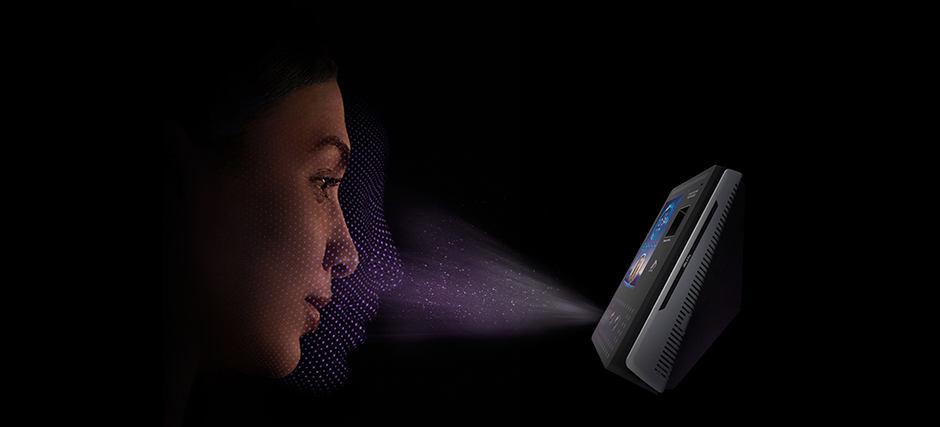
Biometric authentication has become crucial to modern security systems, offering a seamless way to verify identity. Despite its growing popularity, many misconceptions still surround its reliability, security, and capabilities. In this article, we’ll explore five common biometric security myths and offer straightforward insights into how this technology works, its benefits, and its limitations. While biometrics aren’t foolproof, they are generally much more secure than traditional passwords. This balanced view will help you appreciate why biometric systems in Singapore represent a real leap forward in security technology.
Myth: Biometrics Are Perfect
A common belief is that biometric systems are infallible, but the truth is that no security measure is perfect. Biometric systems can encounter errors, such as false acceptances, where the system mistakenly identifies someone, or false rejections, where it fails to recognise a legitimate user. Various factors can impact the accuracy of these systems, including environmental conditions, user hygiene (like dirty fingerprints), and the technology used. Understanding these limitations allows users to have realistic expectations when implementing a biometric system in their security setups.
Myth: Biometric Data is Easily Hackable
Many people worry about biometric data safety, believing that it’s easily compromised. While it’s true that hackers can target biometric databases, modern systems use advanced encryption and security measures to protect this information. In fact, these technologies can be just as secure, if not more so, than traditional security methods. Moreover, because biometric data is unique to each person, it’s much harder to replicate or steal compared to conventional passwords or PINs.
Myth: Biometrics Invade Privacy
Privacy in biometrics is a hot topic, with many fearing that their personal data will be exposed. However, most biometric authentication systems are designed with privacy as a priority. Instead of storing data in a central database, they often keep biometric information locally on a user’s device. In some cases, this data is turned into a digital hash, making it impossible to retrieve in its original form. This means that even if someone intercepts the data, they can’t reverse-engineer it to access an individual’s biometric details, significantly reducing privacy concerns.
Myth: All Biometric Systems are the Same
Many assume that all biometric technologies operate similarly, but the reality is far more nuanced. There are several types of biometric technology types, each designed for different applications and offering varying levels of security. For example, fingerprint access systems are widely used because they’re easy to operate and cost-effective. In contrast, facial recognition and iris scans provide unique benefits when it comes to accuracy and user experience. Recognising these differences is essential for selecting the right biometric solution that meets your specific security needs.
Myth: Biometrics are Cost-Prohibitive
The perception is that biometric system costs are too high, which can deter potential users. While initial setup can be significant, the long-term benefits usually outweigh these expenses. Benefits like reduced fraud, increased efficiency, and enhanced user experience make the investment worthwhile. Additionally, as biometric technology advances, prices gradually decrease, making these solutions more accessible to a broader audience in Singapore and beyond.
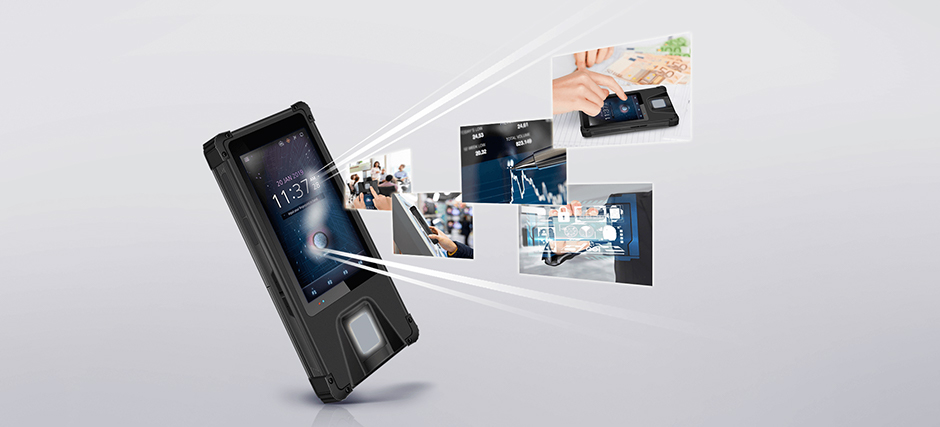
Biometric authentication is a sophisticated solution that addresses many modern security challenges. However, it’s crucial to dispel common misconceptions to make informed decisions about your security investments. By understanding the realities of biometric systems, including their limitations and benefits, you can truly appreciate their role in enhancing security.
If you’re looking for reliable door authentication and security solutions, visit iDLink Systems today to explore our range of innovative access control systems and security solutions tailored to your needs. Don’t compromise on safety—take the first step towards a more secure future!

